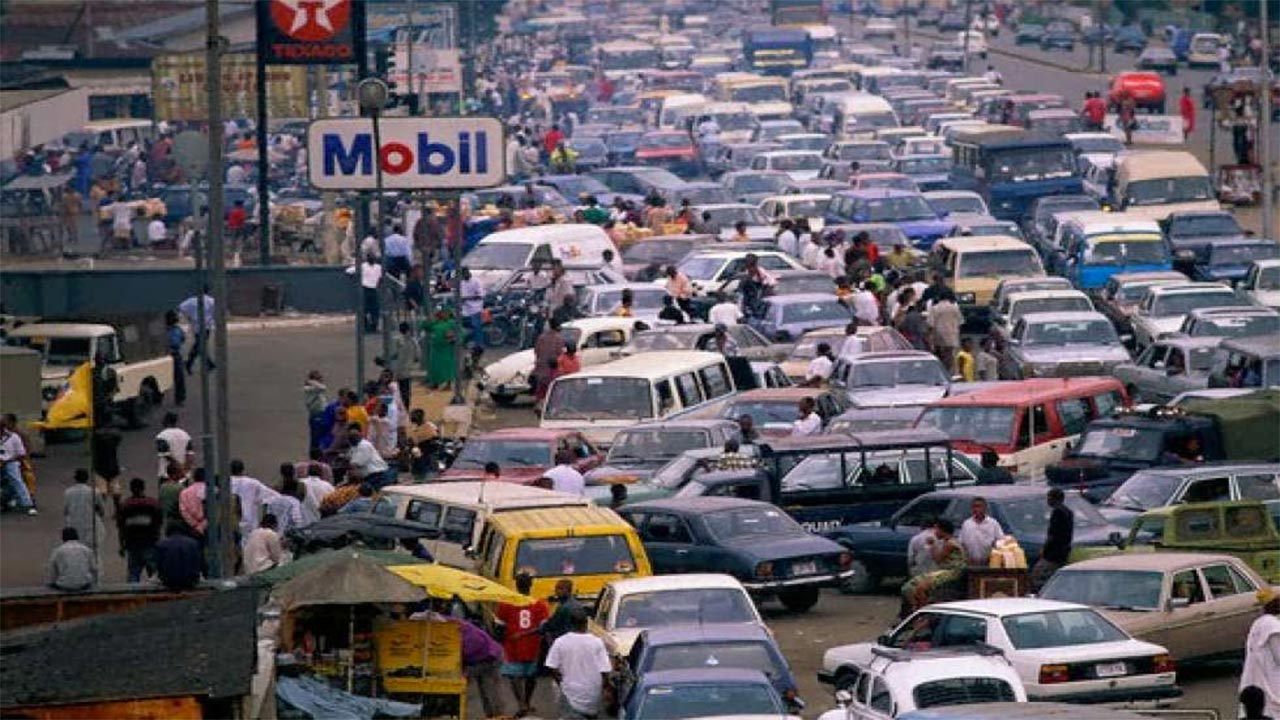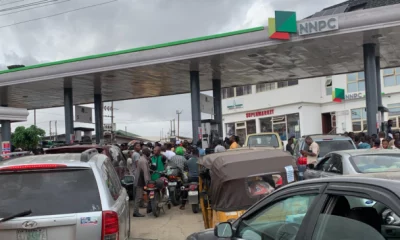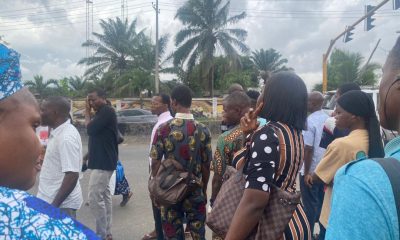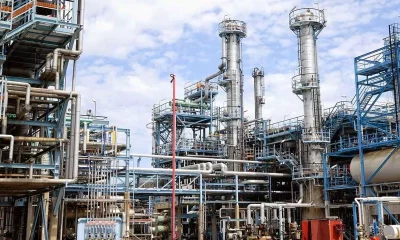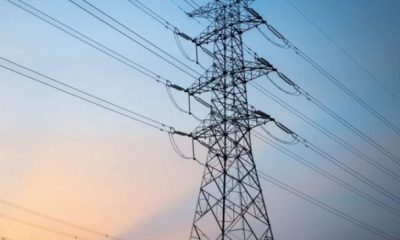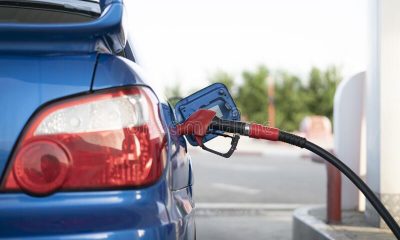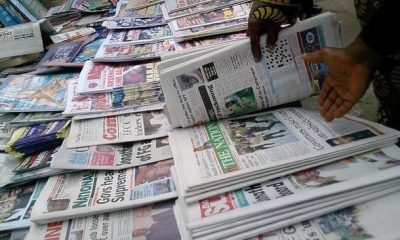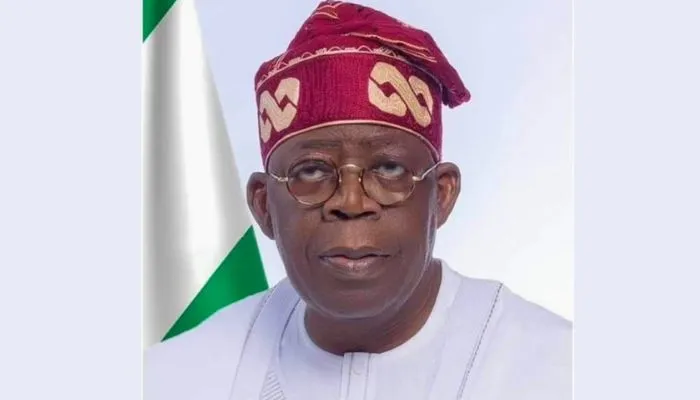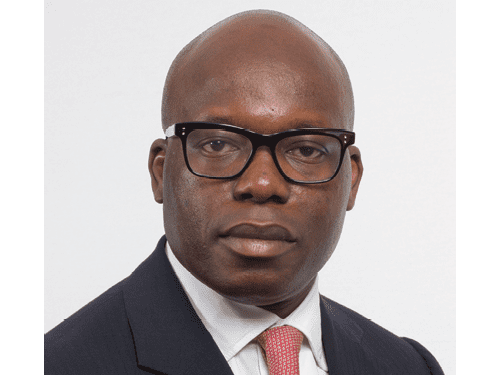With pains of the scarcity of Premium of Motor Spirit, popularly called petrol, refusing to abate, oil marketers have stated that the cost of the commodity would cross N800/litre once subsidy on PMS is removed.
Industry operators had repeatedly stated that the high cost of subsidy on petrol was a burden on the Nigerian National Petroleum Company Limited and was contributory to the prolonged crisis in the downstream oil sector. NNPC is the sole importer of petrol into Nigeria.
The Minister of Finance, Budget and National Planning, Zainab Ahmed, recently suggested that the government should gradually withdraw subsidy on PMS, stressing that the budgetary allocation for subsidy would end in June.
But oil marketers said that while it could be advisable to remove subsidy, Nigerians should know that the cost of petrol could cross N800/litre once the commodity was no longer subsidised.
They urged the Federal Government to ensure that all the necessary measures and infrastructure to ensure a less stressful subsidy removal regime were put in place before implementing the decision.
“If the government fails to take the appropriate measures, and they say they want to remove fuel subsidy, the situation will be worse than this, the masses will suffer. How can you remove subsidy and you don’t have this product (petrol),” the Secretary, Independent Petroleum Marketers Association of Nigeria, Abuja-Suleja, Mohammed Shuaibu, stated.
He added, “If the government removes subsidy, where is the product? If you are removing subsidy, maybe by that time, the way diesel is sold at between N800 – N900/litre, we could be buying petrol at N800/litre, if not more than that.
“This is because the product will be scarce, even from the government cycle. So the government should tell Nigerians the truth about this fuel supply crisis. It is not a problem caused by marketers.”
Shuaibu said oil marketers were ready to sell, stressing that when marketers got products a few weeks ago, the queues disappeared.
“But as it is today, you have black marketers everywhere selling with jerrycans and you will ask, where are the security agencies and the regulators?” he asked.
The IPMAN official added, “By tomorrow they will claim that it is the fault of the marketers. How? We are businessmen and every businessman wants to make a profit. You know the law of supply and demand. When the product is scarce, prices will rise, and vice versa.”
He explained that the downstream sector was not structured for adequate competition, adding that this could also pose challenges when subsidy was eventually removed.
He said, “By the time you are removing subsidy, you should know that the market is not properly opened and there is no competition. They always tell you about Dangote Refinery. We must understand that Dangote is a privately owned company.
“The pipelines of that facility were not even designed to run in any Nigerian state, rather it was designed to run to neighbouring countries, and maybe that one in Lekki there, that is all.
“So, more or less, that refinery might still exploit us, because when there is no competition, the only supplier calls the shots. For had it been that as Dangote is producing in Lagos, another person is producing in Warri, while one refinery is pumping in Abuja, then there will be competition.”
He continued, “We can see, for instance, the competition in the telecommunications sector today. But the government will continue to deceive us that Dangote Refinery will come on stream, when we know that it cannot really solve the problem.”
He argued that most of the pipes of the refinery were laid to neighbouring countries to supply them gas, stressing that Nigeria should not completely rely on the facility.
“They should not continue to be singing it as if it is what will solve our fuel supply problems,” the IPMAN official stated.

 News3 years ago
News3 years ago
 Entertainment2 years ago
Entertainment2 years ago
 News3 years ago
News3 years ago
 Privacy3 years ago
Privacy3 years ago
 Sports2 years ago
Sports2 years ago
 Entertainment2 years ago
Entertainment2 years ago
 News3 years ago
News3 years ago
 Opinion3 years ago
Opinion3 years ago
